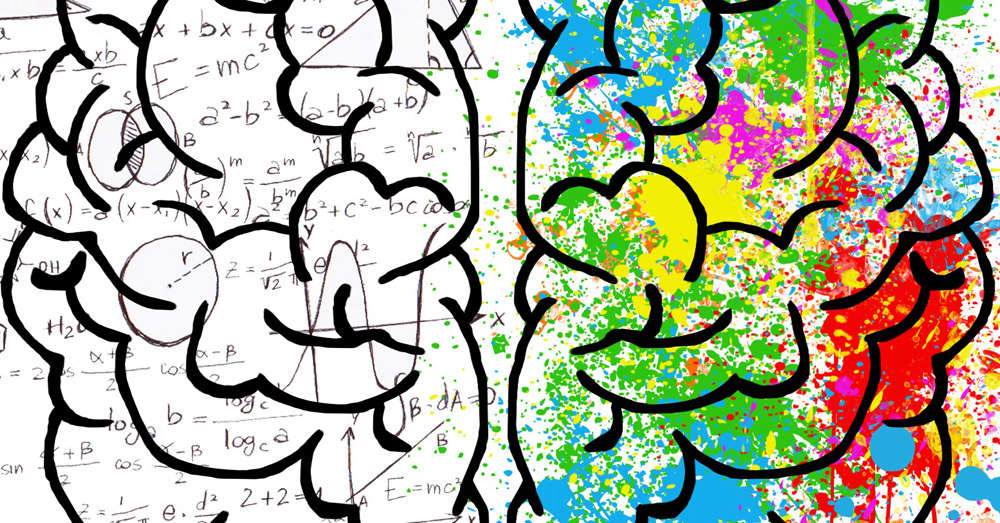Scientists have found a connection between memory and a protein called LIMK1 in the brain. This protein helps shape the structures that neurons use to communicate, allowing us to form memories. In an experiment with mice, researchers modified the LIMK1 protein, essentially creating a "molecular switch." When this switch was activated, it improved the mice's ability to form and recall memories, and even slowed down memory decline in older mice.
The researchers hope it could lead to new drugs that might help with memory-related conditions like Alzheimer's and dementia. Their next steps involve more research to prove the effectiveness of these potential treatments.










